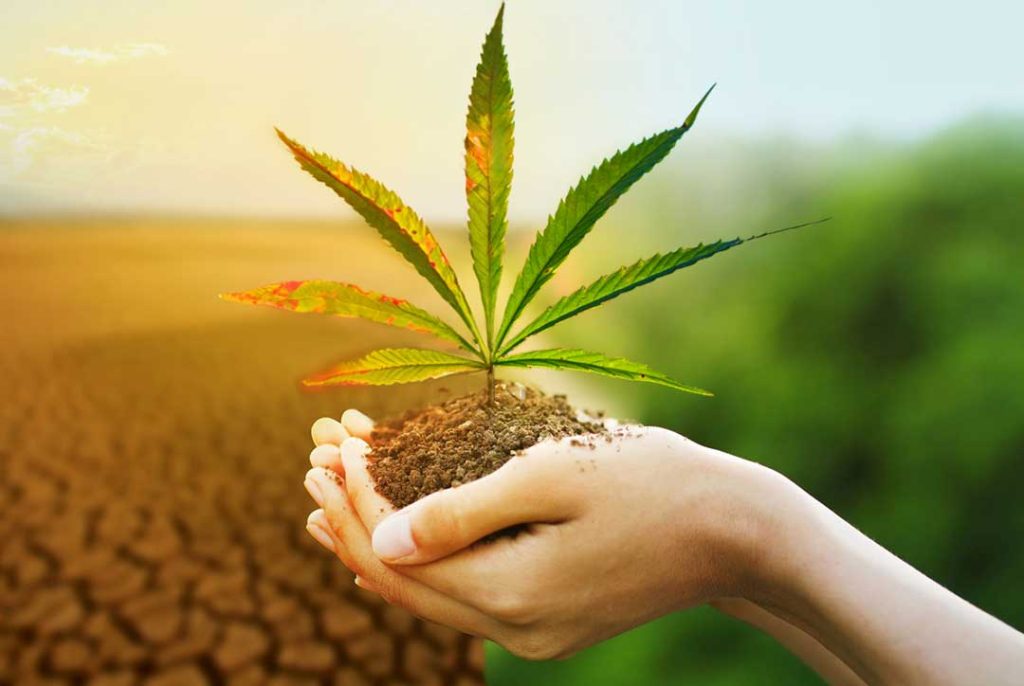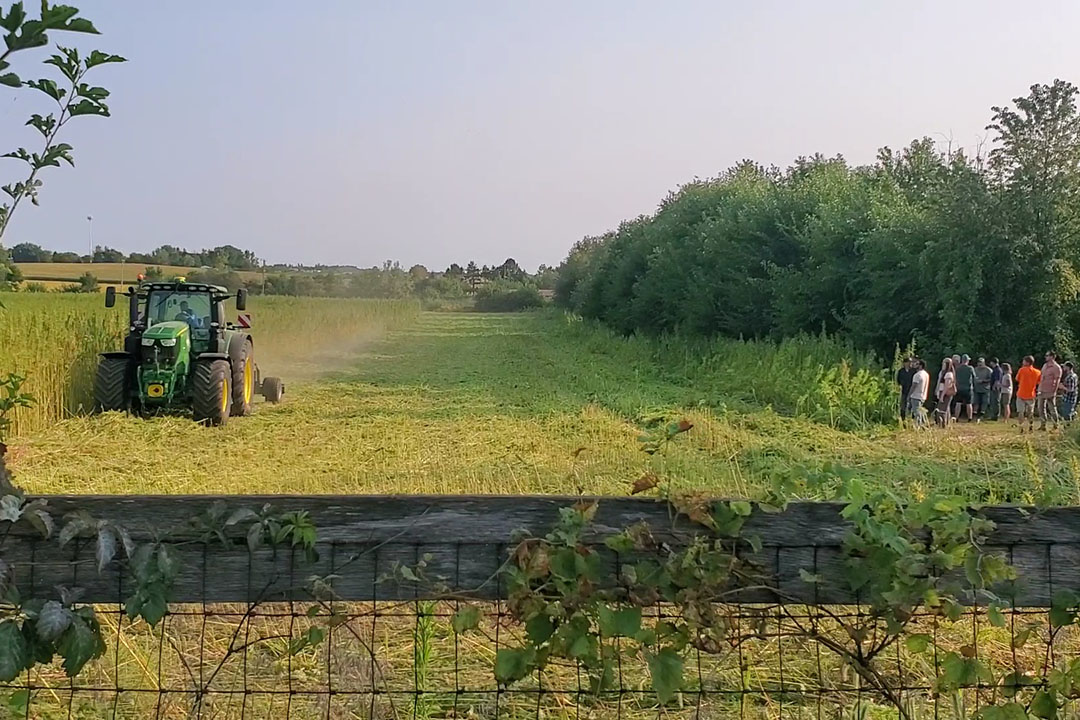Let’s explore the various ways hemp can contribute to a more sustainable world. From its ability to sequester carbon and enrich the soil to its potential in creating a circular economy, hemp is paving the way for a greener tomorrow. We will also highlight Kifcure, the first industrial hemp aggregation center in Illinois, located in Maple Park, and how they are leading the charge in the Midwest’s hemp industry.
Hemp and Carbon Sequestration: A Powerful Climate Solution
One of the most significant contributions hemp offers in the fight against climate change is its ability to sequester carbon dioxide. As a fast-growing plant, hemp captures and stores substantial amounts of carbon during its growth cycle. In fact, hemp has been found to sequester more carbon per hectare than many other crops. By cultivating hemp on a large scale, we can effectively reduce greenhouse gas emissions and mitigate the effects of climate change.
Hemp as a Carbon Offset Solution: Valuable Carbon Credits
Hemp’s carbon sequestration capabilities have led to the emergence of carbon offset programs. These programs incentivize carbon-producing organizations to invest in hemp cultivation or support hemp-related projects. By participating in carbon offset initiatives, organizations can earn valuable carbon credits, which can be traded or sold in compliance with emissions regulations. These credits enable companies to offset their carbon footprint and demonstrate their commitment to sustainability. Merge Impact is a company that works with farmers and businesses throughout the food and ag supply chains to collect and leverage sustainability data, such as carbon life cycle, biodiversity, and water quality.
Remediating the Soil and Boosting Plant Diversity
Hemp cultivation offers numerous benefits to the soil, promoting long-term environmental sustainability. Hemp has a deep root system that helps break up compacted soil, improving its structure and water retention capacity. Additionally, hemp’s cultivation cycle can help remediate contaminated soil through a process called phytoremediation. By extracting toxins from the soil, hemp contributes to the restoration of polluted areas. Furthermore, hemp cultivation promotes plant diversity, enhancing the health and resilience of ecosystems.
Hemp as a Sustainable Alternative: Towards a Circular Economy
Hemp’s versatility makes it an ideal candidate for sustainable alternatives across various industries. Hemp fibers can be used to produce textiles, building materials, and bioplastics, reducing our reliance on resource-intensive and environmentally harmful materials. By embracing hemp-based products, we can transition towards a circular economy, where materials are reused, recycled, or repurposed, minimizing waste and reducing our ecological footprint.
Kifcure: Pioneering Industrial Hemp in the Midwest
Located in Maple Park, Illinois, near Chicago’s concrete jungle, Kifcure is playing a pivotal role in advancing the industrial hemp industry in the Midwest. As the first industrial hemp aggregation center in Illinois, Kifcure offers the necessary infrastructure and expertise for the hemp industry to thrive. Through their commitment to sustainability and perseverance, Kifcure is opening doors for farmers, investors, and organizations to participate in the bringing the benefits of this plant to our communities.
Hemp and the Paris Agreement: Aligning with Global Climate Goals
With its myriad environmental benefits, including carbon sequestration, soil remediation, and reduced reliance on fossil fuels, hemp cultivation presents a tangible pathway towards mitigating climate change. Its rapid growth cycle and ability to thrive in diverse climates make it an attractive option for carbon capture and soil remediation. Moreover, hemp-based products offer eco-friendly alternatives to traditional materials, thus contributing to the reduction of greenhouse gas emissions across various industries. By harnessing the potential of hemp cultivation and innovation, countries can bolster their commitments to the Paris Agreement while fostering a greener, more sustainable future for generations to come.
Hemp’s potential to combat climate change and promote environmental sustainability is undeniable. From its remarkable carbon sequestration capabilities to its role in creating a circular economy, hemp offers a superior and sustainable solution to some of the planet’s biggest climate challenges.


